Classes
Bachelor of Arts in Liberal Arts
The University offers an integrated curriculum that weaves together ten distinct strands: Buddhist Classics, Western Classics, Indian Classics, Chinese Classics, Language, Mathematics, Natural Science, Rhetoric and Writing, Embodied Learning, and Capstone. Together these strands offer a rich and complex tapestry of the history of human thought.
-
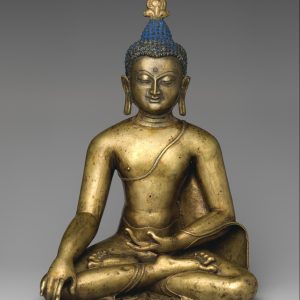
Buddhist Classics
Study Buddhism not merely as a historical event, but as a living philosophy and embodied discipline.
-
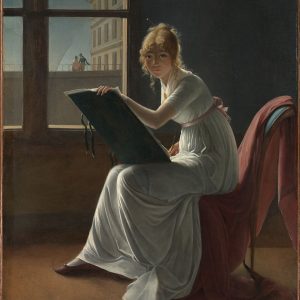
Western Classics
Understand the roots and implications of Western philosophy through a personal encounter with the seminal thinkers of the West.
-
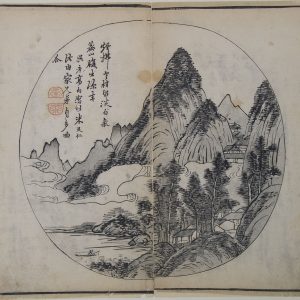
Chinese Classics
Investigate the central philosophical, literary, and aesthetic works of one of the world’s oldest civilizations.
-
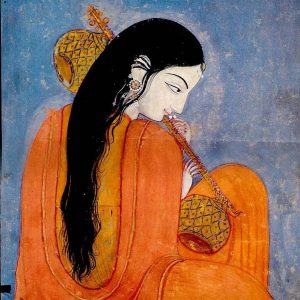
Indian Classics
Consider issues fundamental to Indian systems of thought while grappling with the perennial riddles of existence.
-

Language Tutorial
Engage in an in-depth study of Sanskrit and Classical Chinese while developing the skills to examine source texts in their original languages.
-

Mathematics
Gain college-level mathematical skills while reflecting on the philosophical foundations of math as a discipline of knowledge.
-
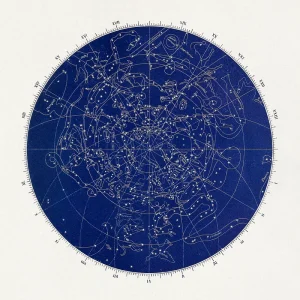
Natural Science
Investigate how scientific principles were first developed and continue to evolve over time.
-

Rhetoric and Writing
Learn to express your thoughts clearly and critically while developing a personal writing practice.
-
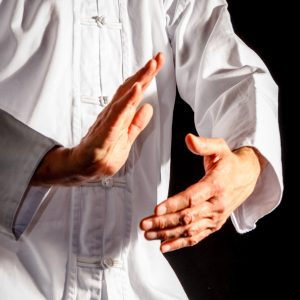
Embodied Learning
Cultivate a sensitivity for direct knowledge through engagement with the aesthetic, kinesthetic, and applied dimensions of liberal arts.
-

Capstone
Pull together the knowledge, skills, and interests you’ve acquired from across DRBU’s curriculum into a culminating learning experience.